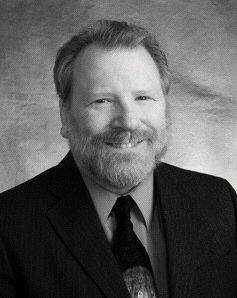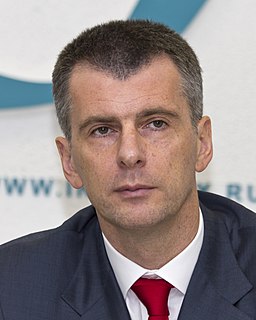A Quote by Seth Klarman
Almost no one will accept responsibility for his or her role in precipitating a crisis: not leveraged speculators, not willfully blind leaders of financial institutions, and certainly not regulators, government officials, ratings agencies or politicians.
Related Quotes
The global financial crisis is a great opportunity to showcase and propagate both causal and moral institutional analysis. The crisis shows major flaws in the way the US financial system is regulated and, more importantly, in our political system, which is essentially a bazaar of legalized bribery where financial institutions can buy themselves the governmental regulations they want, along with the regulators who routinely receive lucrative jobs in the industry whose oversight had formerly been their responsibility, the so-called revolving-door practice.
Debt, we've learned, is the match that lights the fire of every crisis. Every crisis has its own set of villains - pick your favorite: bankers, regulators, central bankers, politicians, overzealous consumers, credit rating agencies - but all require one similar ingredient to create a true crisis: too much leverage.
Debt, weve learned, is the match that lights the fire of every crisis. Every crisis has its own set of villains - pick your favorite: bankers, regulators, central bankers, politicians, overzealous consumers, credit rating agencies - but all require one similar ingredient to create a true crisis: too much leverage.
Henry Blodget says, "It is not clear what, if any, power and influence [Steven Lerner] currently wields. His main message - that Wall Street won the financial crisis, that inequality in this country is hitting record levels, and that there appears to be no other way to stop the trend - will almost certainly resonate."
I think, unfortunately, many opinion leaders in Germany - including government officials, politicians, social service bureaucrats and so forth - they are in the private system, and they get paid the private insurance by their employer. So for them this is the best of two worlds: They have some more expensive and privileged access, but they do not have to pay for it themselves. This is a system which is both inefficient and unfair at the same time, but it is defended by those who profit from this system, and this includes many opinion leaders and many politicians.


































